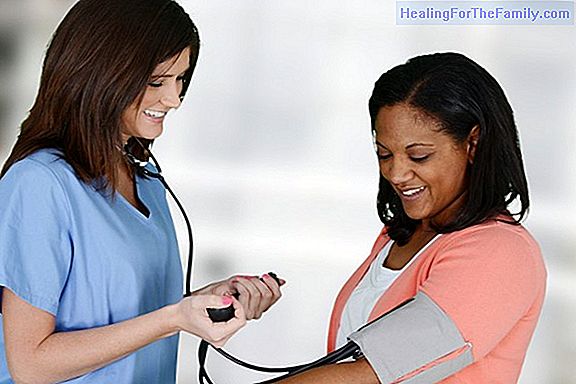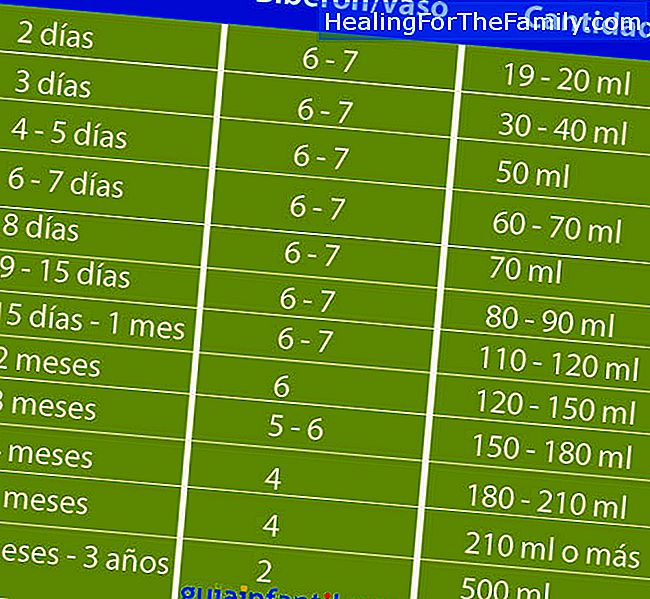Prevention and treatment of childhood salmonellosis
Salmonellosis is normally transmitted through foods contaminated with Salmonella, and can generate a clinical picture of severe diarrhea, vomiting and high fever. However, it is a preventable disease. We give you some tips to avoid the spread of salmonellosis and we also explain what your treatment
Salmonellosis is normally transmitted through foods contaminated with Salmonella, and can generate a clinical picture of severe diarrhea, vomiting and high fever. However, it is a preventable disease.
We give you some tips to avoid the spread of salmonellosis and we also explain what your treatment is if your child has become infected.
How to avoid the spread of salmonellosis in children

The transmission of salmonella is carried out by consuming contaminated animal foods, mainly birds, eggs, cattle and pigs or, more rarely, from person to person, especially in day-care centers and hospitals (in case of a case detected in the nursery, it must be communicated in the nursery so that isolation measures are taken). It predominates in the summer and autumn months.
But, how can it be prevented ?:
1. Cook food well. These bacteria are most commonly found in products of animal origin and can be eliminated by the heat of cooking or the oven. Heating in the microwave is not a reliable method to kill bacteria. Ev 2. Prevent your child from eating any raw meat huevos or uncooked eggs, and extreme caution with foods such as Caesar salad, tiramisu, homemade ice cream, mayonnaise, glaze, biscuit dough ... as they
can carry raw egg . Salmonellabacteria can contaminate even intact and disinfected eggs. Cook well and avoid serving them poached.3. Clean the cooking surfaces regularly.Salmonellosis can also spread through cross-contamination, so when you are preparing meals, keep raw meats away from cooked and ready-to-eat foods. Thoroughly wash your hands, cutting boards, counters, and knives after handling raw foods. Ev 4. Avoid having reptiles as pets (turtles, iguanas ...) especialmente especially if you have very young children. If you have them, wash your hands very well every time you handle this type of animal.
5. Wash your hands very well.Teach children to wash their hands, especially after going to the bathroom and before handling food in any way.
6. Keep refrigerated foods.Do not leave cooked food for more than 2 hours without refrigeration (1 hour on a hot day). Also, keep your refrigerator set to less than 40 ° F (4.4 ° C).
How salmonellosis is treated in children If your child has salmonellosis and a healthy immune system, the doctor can allow the infection to pass without giving any medication. But if the child has a fever, headache or bloody diarrhea, call the doctor to rule out any other problems.
If your child is infected and has a fever, you may want to give acetaminophen to reduce its temperature and relieve cramps. As with any infection that causes diarrhea, it is important to give the child plenty of fluids to prevent dehydration.












